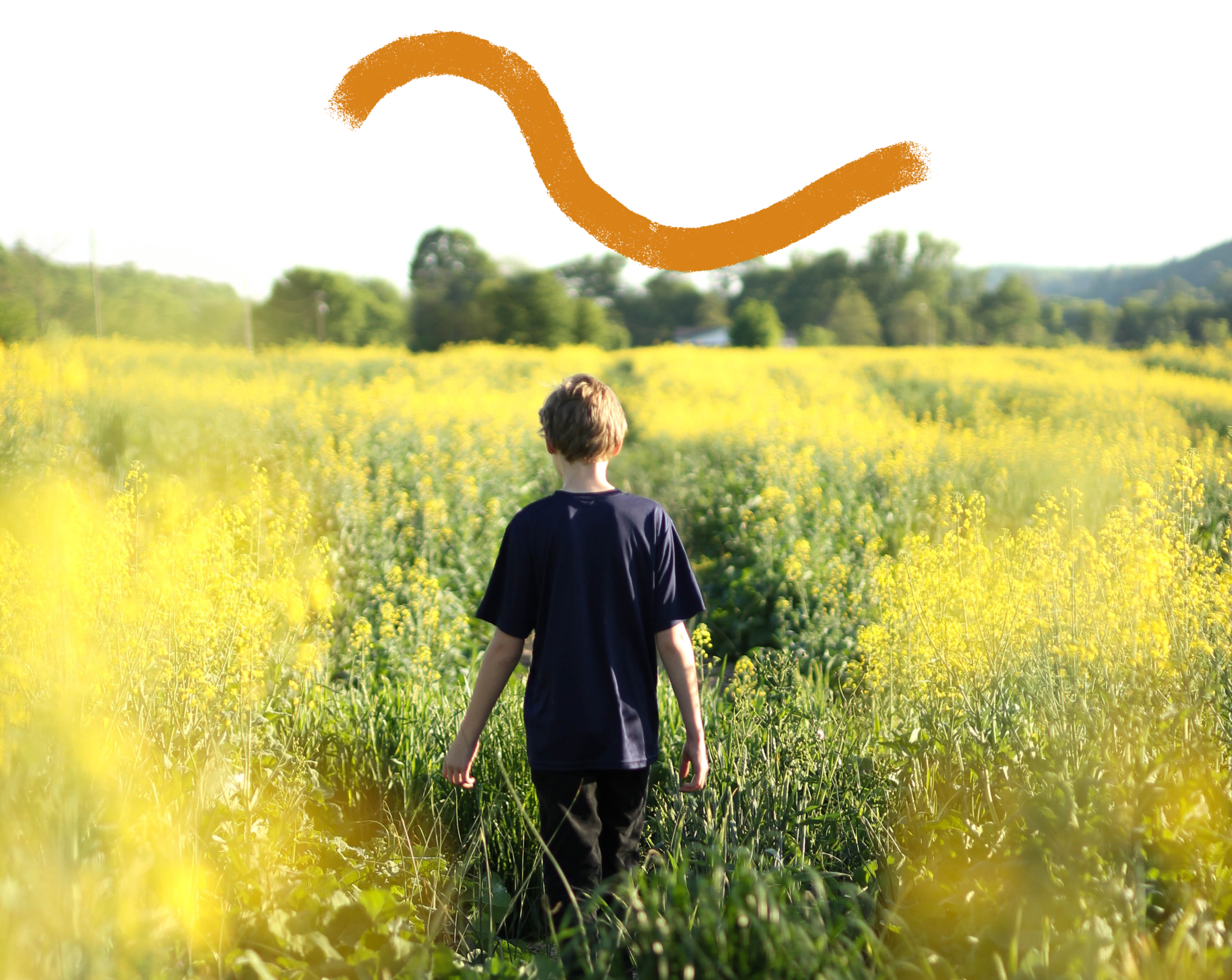
Initial Contact and Session Information
What happens if I make contact with you?
We will arrange a mutually convenient time to speak on the phone or via zoom in order for me to gain an initial understanding to your inquiry and goals. This is a free call for 45 minutes If all parties are happy to proceed, we will agree to period of work together, to include a fuller assessment of your needs and life experience.
How long is one session of therapy &what is the cost?
Weekly sessions are 50 minutes long in person or via zoom on the same day and time per week
.Per sessions cost £80.00.
Spaces for lower cost counselling are fully booked for 2024
Sessions are facilitate in a private location in E4 Waltham Forest London.
How many sessions will be REQUIRED?
I know from experience that no two client’s experience their lives or difficulties in the same way. This means there is no ‘magic number’ of sessions to support a child or young adult in distress. Some children respond very quickly to sessions whilst others will need more time. I will always start from where a child or young adult is today and there is never any obligation to work with me beyond the initial x 6 session mark.
Why do you work to a minimum of 6 sessions with young children?
All new relationships can be anxiety provoking. The x 6 session time-frame provides a clear and useful plan for both a client and myself to get to know each other carefully and sensitively, week by week. In the first x 6 sessions I will be assessing a child’s capacity to be in therapy and a therapeutic relationship with me . Therapy with young children requires sensitive and gentle pacing to allow a child to incrementally orientate themselves into sessions with trust and authenticity. In my experience, some children can respond well to being a part of the setting up process.

Child Confidentiality & Safeguarding: 6 -16 yrs
Confidentiality
Session confidentiality is the foundation towards how well children or young people can make use of therapy sessions. I understand how session confidentiality may initially appear for worried parents and carers. However, therapy is fundamentally based on a trusting relationship between a Client and their Therapist, even as a minor. Confidentiality does not mean secrecy from adults if a child or young adult (16 under) is at risk of harm. Please do keep reading below for how and why I manage risk, harm, and information sharing should a child or young person under 16 disclosure themes of risk.
Breaking confidentiality if a child or young person makes a disclosure OF RISK
As a theraputic and Mental Health Professional, I have a ethical duty of care to keep a vulnerable child or young person under 16 years of age and Gillet competent safe in sessions. This means I work within the current ethical framework of my therapeutic governing body (BACP)_for managing Child Protection and/or Safeguarding concerns towards keeping vulnerable children safe in the UK. i will share information with appropriate adults around a vulnerable child should they disclose information that puts them, others at risk.
Can I automatically know what my child is speaking about?
The short but necessary answer is no. The central reason for this is to support a client’s ability to feel safely vulnerable in sessions, rather than to cause tensions between family members. Age appropriate trust, privacy or confidentiality is essential to recovery and making changes in time.
Will THERAPY affect my relationship with my child?
I know that many parents/carers and special guardians are often trying to do their best, despite being impacted themselves by vulnerable children/young adults needs. My professional relationship with a child or young adult does not seek to undermine the love and care Clients already receive. Instead, therapy can give some children and young people a greater sense of being thought about by a wider ‘community of caring and appropriate adults’.
Will my child’s future opportunities be affected by being in THERAPY?
Absolutely not. In fact, many education providers and future employers actively look for people who are emotionally self aware, flexible, adaptive to circumstances and change, and are able to be aware of and manage their stress in most situations. In my experience, and those of my clients, therapy can offer an emotional education and life skills towards greater empathy, self resilience and nuanced thinking during times of demand.

Children or young people in CAHMS and other mental health services:
I understand that some children and young people may come to me during an assessment with CAMHS or on a long wait for support. In this specific case, I aim to work in a joined-up way with other mental health professionals. I currently work with a number of young people who have not met the threshold for Tier 2 CAMHS support and liaise with CAMHS regularly about assessments and the viability of support given the demands on their services.

Thank you so much for reading the FAQ page.
Should you have any remaining questions please do contact me via email or phone.
Thank you, Stella

Concerned about a child or young person? Looking for ways to manage your life better as a young person? Lets make a start.
Please feel free to send me a fuller enquiry and I will get back to you.


